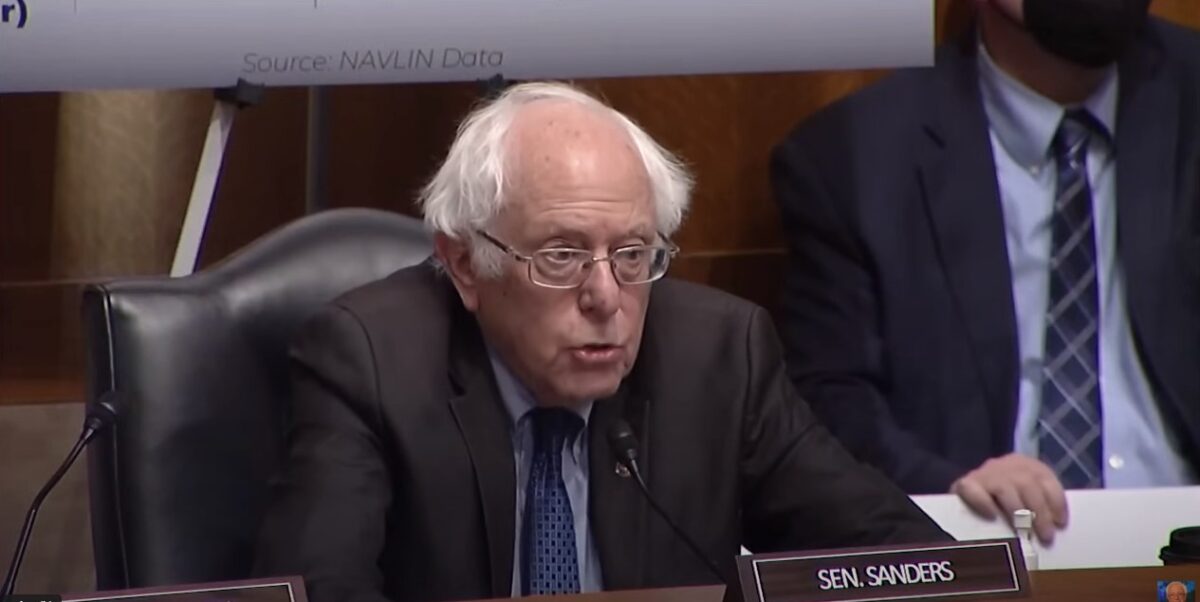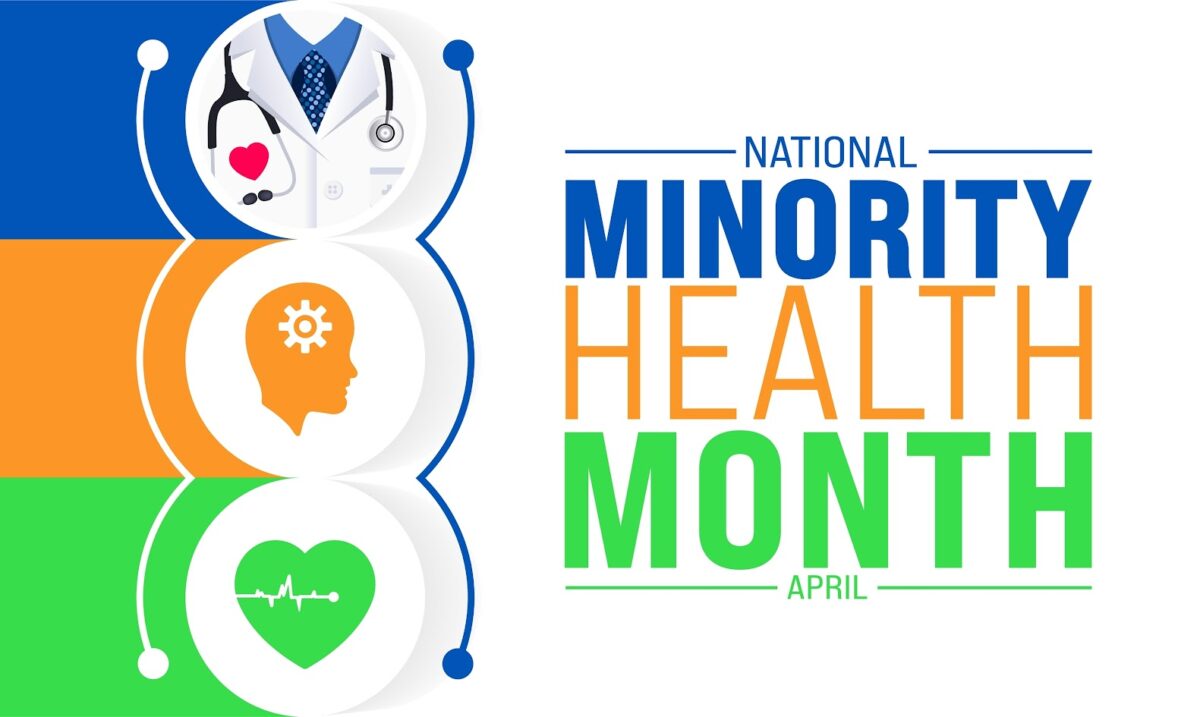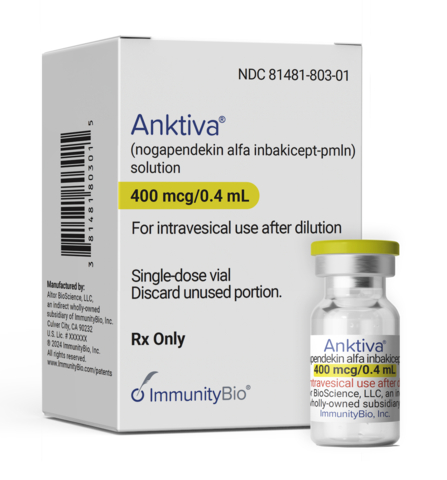The US Food and Drug Administration (FDA) has granted approval to Pfizer’s anti-inflammatory Velsipity (etrasimod) for the treatment of adults with moderately to severely active ulcerative colitis (UC).
The oral, once-daily drug is a selective sphingosine-1-phosphate (S1P) receptor modulator that selectively binds with S1P receptor subtypes 1, 4 and 5. This class of drug is typically used as immunomodulators to treat multiple sclerosis (MS).
Velsipity will be competing with Bristol Myers Squibb’s (BMS) S1P modulator Zeposia (ozanimod), which was approved as the first S1P modulator for ulcerative colitis in 2021.
Pfizer believes Velsipity has the edge over Zeposia as an advanced, potential best-in-class option with a favorable clinical profile.
Ulcerative colitis is a chronic and often debilitating inflammatory bowel condition that causes chronic inflammation and ulcers in the inner lining of the large intestine (colon and rectum). It affects an estimated 1.25 million people in the US and typically affects individuals between the ages of 15 and 30, but it can develop at any age.
Symptoms of ulcerative colitis can include chronic diarrhea with blood and mucus, abdominal pain and urgency. Pfizer says due to the chronic and unpredictable nature of symptoms, the impact of ulcerative colitis can go beyond the physical to other aspects of life.
Velsipity was the main feature in Pfizer’s $6.7 billion acquisition of Arena Pharmaceuticals.
XTALKS WEBINAR: Early-Stage Pharmaceutical Product Development to Reach the Clinic Faster
Live and On-Demand: Monday, November 13, 2023, at 11am EST (4pm GMT/UK)
Register for this free webinar to gain insights into how early-stage pharmaceutical product development is foundational for successful clinical trials and regulatory approvals, and why collaboration with experienced partners like CDMOs is essential.![]()
“Velsipity provides adults living with moderately to severely active UC the opportunity to achieve steroid-free remission with an oral, once-daily pill that has a favorable benefit-risk profile,” said Angela Hwang, Chief Commercial Officer and President of Global Biopharmaceuticals Business at Pfizer, in a press release from the company. “Velsipity’s FDA approval today marks a significant milestone for UC patients who need new treatments for this chronic condition and are ready to start advanced therapy.”
Velsipity’s FDA approval was based on results from the ELEVATE UC Phase III registrational program (ELEVATE UC 52 and ELEVATE UC 12) that evaluated the safety and efficacy of Velsipity (2 mg) on clinical remission in UC patients who had previously failed or were intolerant to at least one conventional, biologic or Janus kinase (JAK) inhibitor therapy.
At week 12 in the ELVATE UC 52 trial, 27 percent of patients taking Velsipity achieved remission compared with seven percent on placebo. After one year, the difference between the two groups increased to 25 percent, with Velsipity’s remission rate increasing to 32 percent and placebo remaining the same. In contrast, Zeposia demonstrated a 19 percent higher rate of remission over placebo after one year.
In ELEVATE UC 12, Velsipity led to a 26 percent rate of remission compared with 15 percent among patients who took placebo.
Pfizer says its trial results are likely understated compared to Zeposia’s because of differences in trial design. While Velsipity trials used a “treat-through” design in which patients continue using the drug they are randomized to from the first day, Zeposia’s study involved rerandomization where patients that responded to the drug were rerandomized to either remain on Zeposia or start taking placebo in the maintenance phase.
Related: Top Pharma Ad Spenders in August 2023, AbbVie Splurges to Take Top Spots
Velsipity doesn’t require dosing titration like Zeposia does, giving Pfizer’s drug the edge in this regard. However, both drugs require an ECG test before they can be taken due to the risk of bradyarrhythmia, which is on the warning labels of both Velsipity and Zeposia.
Pfizer believes Velsipity should be a novel, front-line treatment after traditional ulcerative colitis 5-ASA therapies or steroids.
The global market for inflammatory bowel diseases is rather lucrative at about $20 billion.
Pfizer said the wholesale acquisition cost of Velsipity per bottle is $6,164 for a 30-day supply, which it explained is consistent with other ulcerative colitis treatments currently on the market.
In comparison, the list price of Zeposia for a 30-day supply is $8,386.66, according to BMS.












Join or login to leave a comment
JOIN LOGIN